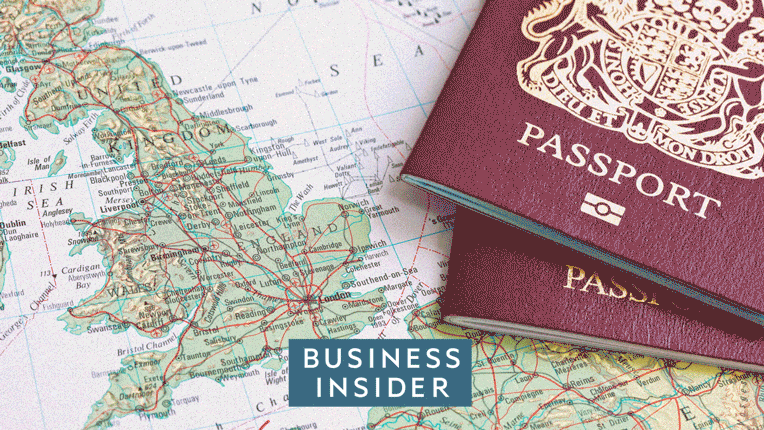
What will actually change after the UK leaves the EU on Brexit day?
by Adam Bienkov, Thomas Colson, Adam Payne- After three and a half years of political turmoil Brexit will finally take place at 11 pm (GMT) this evening.
- The prime minister will address the nation and Brexit campaigners will stage celebrations in the capital.
- However, little obvious will change for at least 11 months due to a Brexit transition period due to run out at the end of 2020.
- Here’s what will change and what will remain the same.
- Visit Business Insider’s homepage for more stories.
The United Kingdom will leave the European Union on Friday, January 31 after more than three and a half years of intense political upheaval.
Celebrations and protests are expected across the country, with Prime Minister Boris Johnson set to mark the occasion on Friday evening with a speech and a light show projected onto Downing Street.
But once Britain awakes as a non-EU country on the morning of February 1, what, if anything, will really have changed?
Life will remain the same for most British people
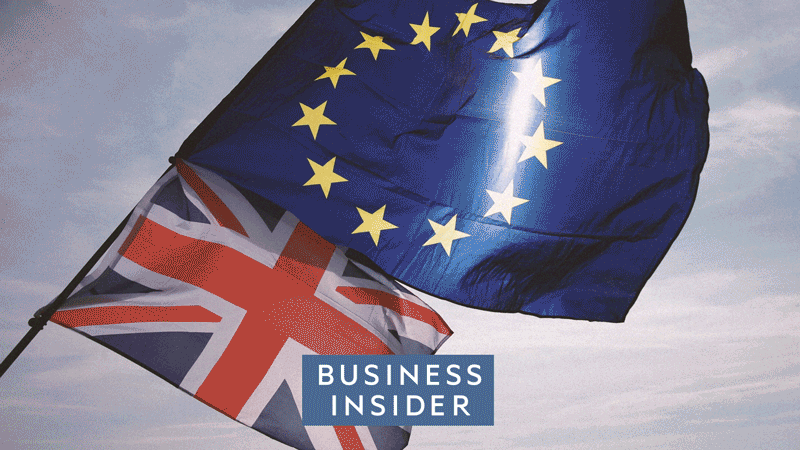
Foto: sourceAndy Ash / Business Insider
For the vast majority of British people, almost nothing will change the day after Brexit.
This is thanks in large part to an 11-month transition period negotiated by former prime minister Theresa May.
During this time, the UK will continue to observe EU rules and pay into the EU budget, with other countries continuing to treat the UK as EU members in all but name.
“To all intents and purposes, we remain an EU member [until January 2021]” Jill Rutter, Senior Research Fellow at the UK in a Changing Europe think tank, told Business Insider.
Things like driving on the continent, taking your pet abroad and using your European Health Insurance Card will all remain the same.
Aside from some minor changes, to things like the European Arrest Warrant, the relationship between British citizens and the EU will remain largely frozen as it was before Brexit day.
Businesses will also notice little difference to their day-to-day arrangements. The UK will maintain its current trade and customs arrangements with the EU, with non-EU countries also treating the UK as a full member.
EU citizens living in the UK will also see their current rights remain in place, at least until the end of December.
But there will be some immediate changes.
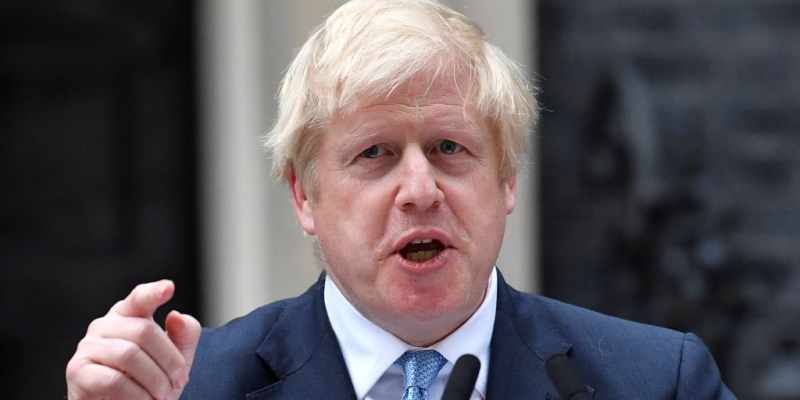
The biggest change after Brexit will be that the UK will no longer have a democratic voice in the EU.
That means the UK will lose all of its members of the European Parliament, as well as any role in setting EU law through the European Commission and influencing Europe’s political direction through the European Council.
However, despite losing its say over how rules are set, the UK will still have to follow them.
It will, in effect, become a rule-taker, but not a rule-maker.
It is partly because of this perceived democratic deficit, that prime minister Boris Johnson has insisted that he will not extend the transition period beyond December 2020.
The UK will immediately head to the negotiating table
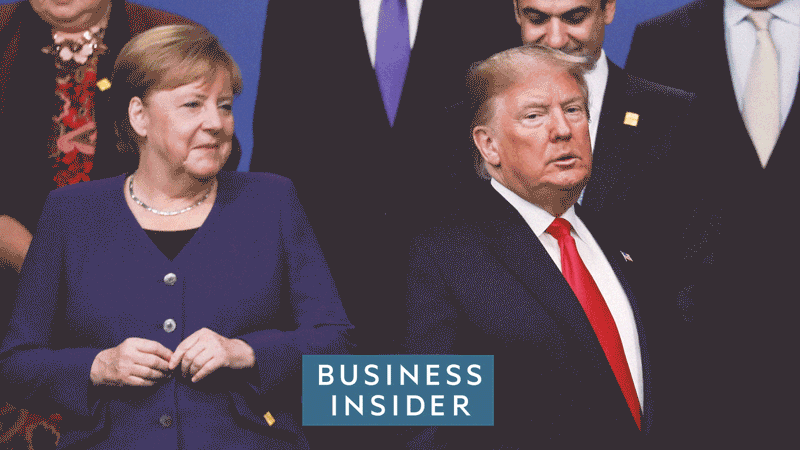
For the past three and a half years the UK has effectively been banned from taking part in trade negotiations with other countries, due to the fact that it has remained an EU member.
All that will change on February 1, shortly after which the UK will embark on a series of incredibly complex and controversial new trade negotiations.
Top of the list will be negotiations with Britain’s largest trading partners in the European Union.
Georgina Wright, from the Westminster-based Institute for Government think tank, told Business Insider that this will be the “greatest and arguably most complex negotiation” of the entire Brexit process.
“February 1 is the end of the beginning, it’s not the beginning of the end,” Wright said.
“The scale of the task is massive… If you look at how long other trade negotiations have taken, it’s basically a couple of years [until a full deal is agreed], especially if you’re looking at something very comprehensive.”
Multiple senior EU figures have insisted that a deal will take much longer than the 11 months allowed by the transition period.
Johnson doesn’t agree with this and insists that it is “epically likely” that some sort of deal can be negotiated by the end of the year.
However, even if he’s right about that, the UK will also have to embark on a whole series of other new trade negotiations around the world during this time.
The most controversial of these will be with the US, where issues such as food standards, pharmaceuticals, taxation on US tech firms and vehicle tariffs will dominate.
Some trade experts expect the UK government to place great emphasis on the US talks.
“The government will clearly want to be playing up where it’s getting to with the US,” Rutter told Business Insider.
“The easiest thing in the world is to launch trade talks. Because it’s like a giant ribbon-cutting ceremony. Then the hard work comes… [and] a lot of the things the UK wants out of a trade deal are not what the US wants.”
However, other experts expect the UK government to keep as quiet as possible about the talks.
“I don’t think [the UK government] want to conduct these trade negotiations very much in the open,” Rutter told Business Insider.
“I think they’ll actually be trying to say, ‘Look, now Brexit is done, we’re getting on with all the things that matter to you. We’ve had three-and-a-half years bleating about Brexit, getting us all nowhere and just making us very annoyed and polarised. Now you’ve got a government that can not only do Brexit but also start spending money.'”
Will Brexit really get done by December 2020?
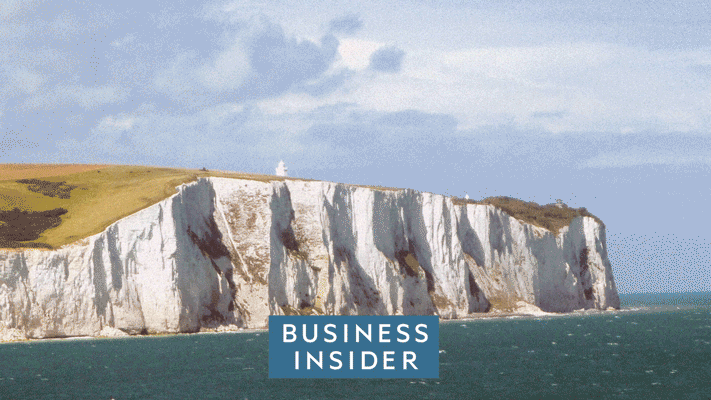
Boris Johnson won the general election in December on a promise to “get Brexit done” and move on from 12 months of rolling Brexit deadlines, political crises and extensions.
However, as soon as the UK leaves the EU it will immediately hit a series of new Brexit deadlines.
These are:
- March 1 2020: The UK must agree on a new negotiating mandate with the EU.
- July 1 2020: The UK must decide whether it requires an extension of the 11 month transition period.
- November 26 2020: The UK must agree on a new trade deal with the EU by the final week of November.
- December 31 2020: The Brexit transition will end. By this point, Johnson will either need to have agreed and ratified a new trade deal, agreed an extension, or resigned to cutting off trade ties with its largest trading partner.
The prime minister has insisted many times that he won’t allow any further extension to Brexit. However, he previously made similar “do or die” pledges about leaving the EU on October 31 and broke those without it doing him much harm.
As Professor Anand Menon of the UK in a Changing Europe think tank told Business Insider: “I suppose you could just about see the prime minister saying, ‘The European Union is refusing to negotiate anything until we’ve done fish and financial services and we’re reluctantly going to have to extend the transition period’.”
However, even if Johnson refuses to extend and instead agrees on some sort of basic deal with the EU in time for December, more in-depth negotiations are likely to continue for years more to come.
“It never really ends,” David Henig, UK Director at the European Centre For International Political Economy told Business Insider.
“EU negotiations never end. Look at Switzerland – it’s just a permanent negotiation with the EU. Our desire to get better trading conditions will never end either.”